 |
 |
 |
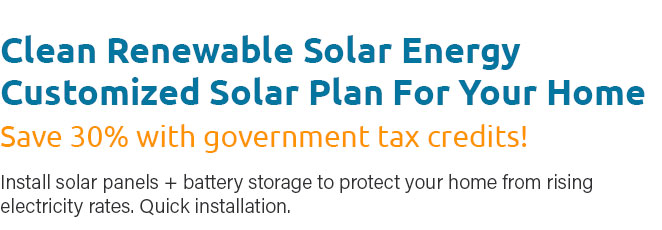 |
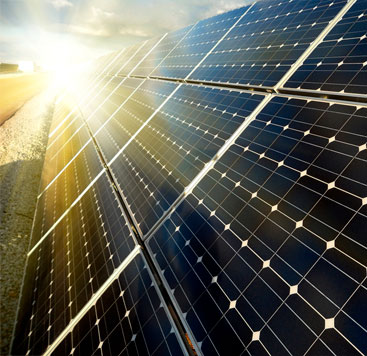 |
 |
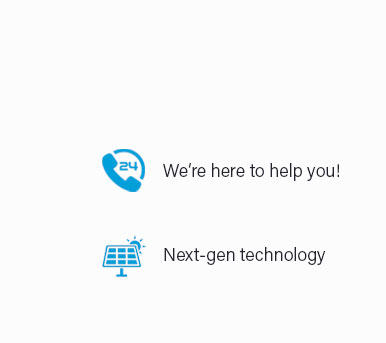 |
 |
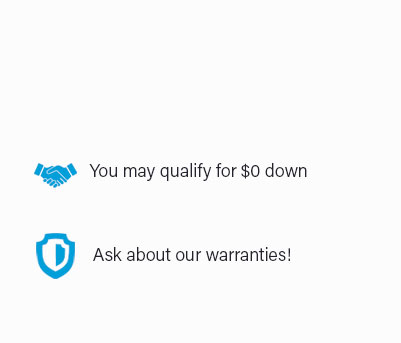 |
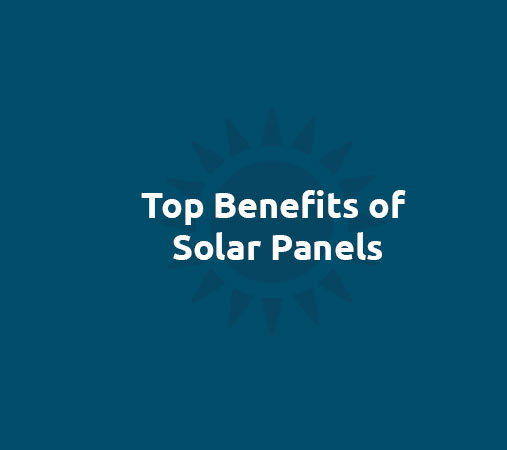 |
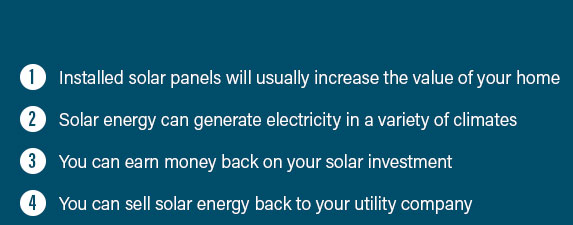 |
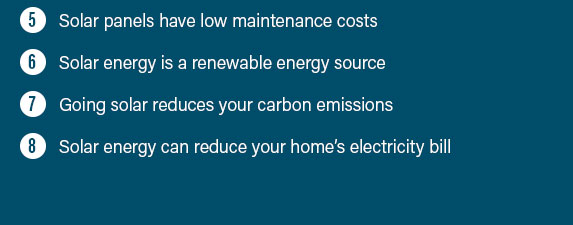 |
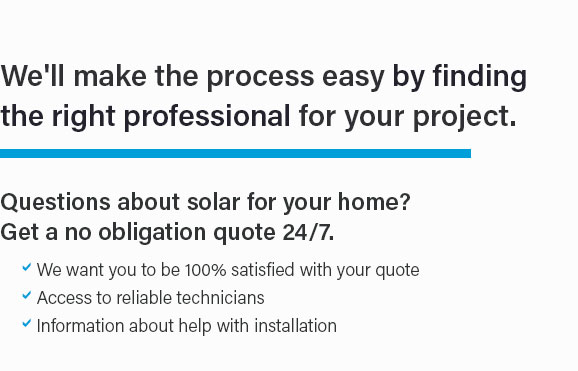 |
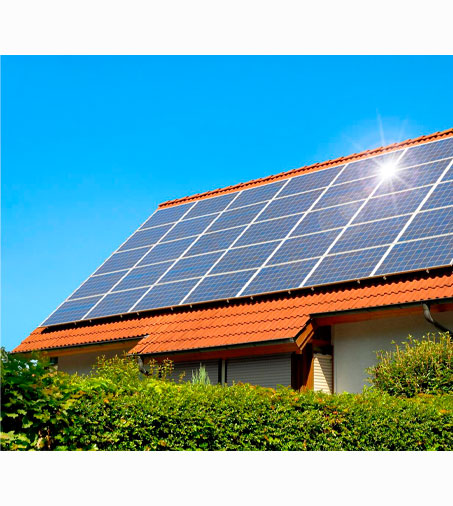 |
|
 |
 |
 |
Exploring the Cost to Buy and Install Solar PanelsIn today's rapidly evolving energy landscape, the decision to invest in solar panels has become an intriguing option for many homeowners. As we delve into the costs associated with purchasing and installing solar panels, it's important to consider a multitude of factors that influence the overall expenditure. Let's embark on a journey to understand the financial aspects and what one might expect when considering this green energy alternative. Initial Purchase Price The initial investment in solar panels can vary significantly based on several factors such as the size of the installation, the quality of the panels, and the region in which you reside. On average, the cost for solar panels themselves can range from $10,000 to $30,000. This broad range underscores the importance of doing thorough research and getting multiple quotes from different providers. Installation Costs Beyond the purchase of the panels, installation is a crucial aspect that adds to the total cost. Professional installation is highly recommended, not only for efficiency but also to ensure that the system meets all safety standards and regulations. Installation costs can range from $5,000 to $10,000, depending on the complexity of the system and the labor rates in your area. Financial Incentives It is worth noting that numerous financial incentives exist to help offset these costs. The federal solar tax credit, for instance, allows homeowners to deduct a significant percentage of the installation costs from their taxes. Additionally, many states offer rebates and incentives that further reduce the financial burden. Long-term Savings While the initial costs may seem steep, it's essential to consider the long-term savings associated with solar energy. A solar panel system can drastically reduce, or even eliminate, your monthly electricity bills. Over the lifetime of the system, these savings can add up to tens of thousands of dollars, providing a substantial return on investment. Factors Influencing Costs Several elements can impact the overall cost of buying and installing solar panels. These include:
As you navigate the decision-making process, it is wise to consider not just the immediate financial outlay, but also the long-term economic and environmental benefits. Solar panels represent not only a financial investment but also a commitment to sustainable energy practices. By weighing these factors carefully, you can make an informed decision that aligns with both your financial goals and your environmental values. https://www.cnet.com/home/energy-and-utilities/solar-panel-cost/
The best solar panels can set you back anywhere from $15,000 to $50,000. https://www.fixr.com/costs/solar-panel-installation-connecticut
The average cost to install solar panels in Connecticut is about $16860 (6 kW system using monocrystalline panels installed on a roof). https://www.reddit.com/r/solar/comments/17ypn78/what_is_a_reasonable_cost_for_solar_panels_for_a/
I'd say it's probably $50,000 or so with 2 batteries (27 kW). Depends on the sun hours your roof gets and the direction the panels are facing.
|